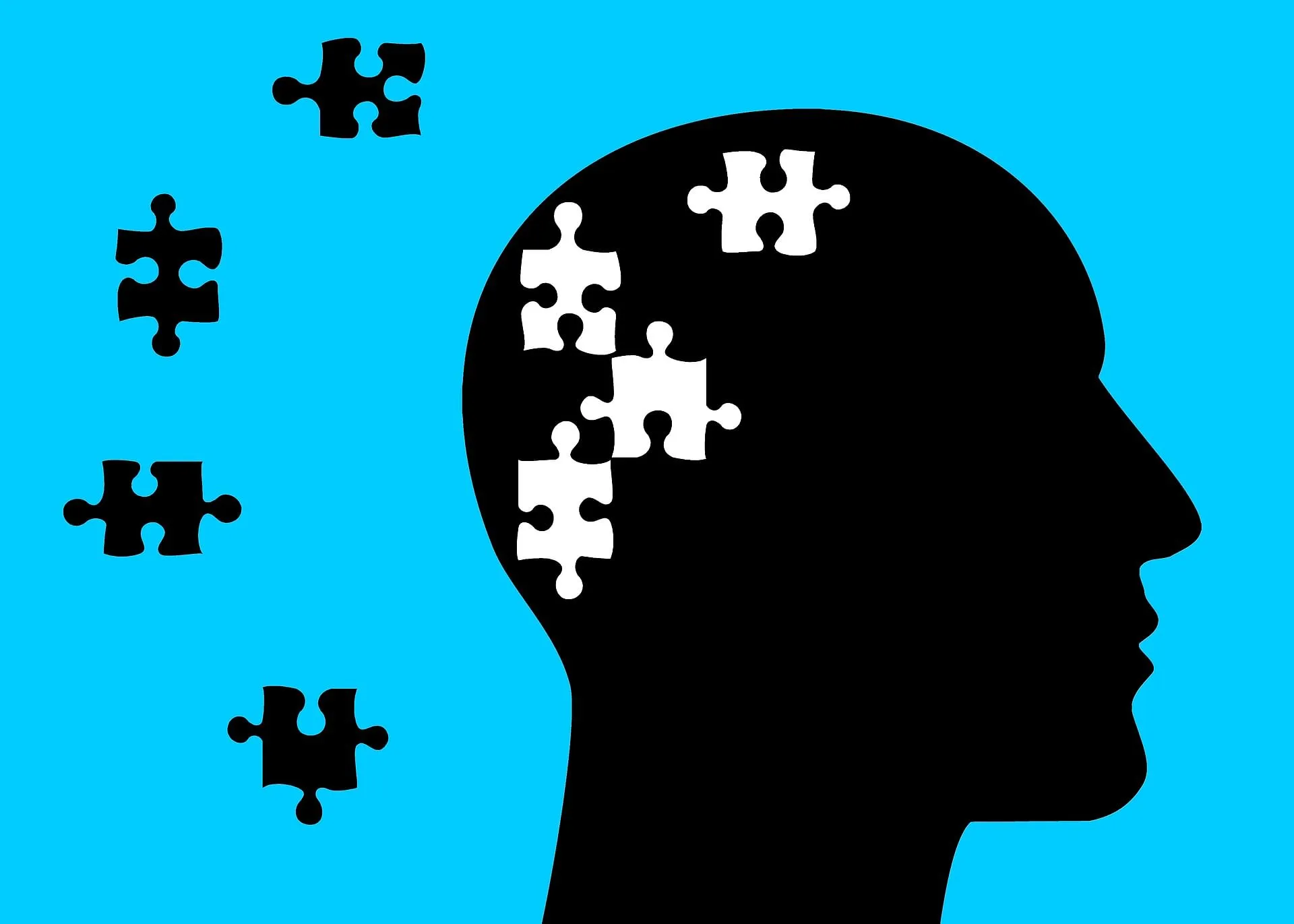Srinagar, July 24: The loss of social cohesion due to Covid-19 has given rise to uncertainty, especially among the children and adolescents.
To curb such an impact of the pandemic, there is a dire need of modifying parenting, experts say.
They point out that the cases of aggression, depression, anxiety and other psychological disorders among the youngsters have increased during the pandemic and are more or less the result of “wrong parenting”.
“In this pandemic, parents must identify the needs of children instead of trying to control them in the name of precautionary measures. There is a need for positive and effective parenting which would lessen the psychological burden on children,” said Muzaffar Ahmad Ganaie, a clinical psychologist at the Child Guidance and Wellbeing Centre (CGWC), a centre dedicated to address the psychosocial and emotional needs of children and adolescents.
The centre works under the Institute of Mental Health and Neuro-Sciences (IMHANS), Kashmir.
Ganaie said the youngsters have needs like daily routine of outing, playing and peer interaction which have been curbed or lessened to a large extent due to Covid-19.
“These restrictions have led them to spend much time in screens whether on TV, laptop or mobile. This doesn’t go well with most of the parents who start criticising, yelling and shouting at their children,” he said.
“Such behaviour affects the child’s personality and temperament, decision-making power and strategy, and leads to disinterest in studies. Making insulting remarks against children results in their loss of self-esteem. The overall scenario shifts from Happy Zone to Sad Zone. This is where the stress starts which gradually gives rise to aggression, depression, anxiety, trauma and other mental disorders. And to lessen such psychological burden, most of these youngsters resort to substance abuse,” Ganaie said.
The CGWC has an OPD where children as well as parents report their concerns that are redressed through various measures like Social and Life Skill Training which includes decision-making, problem solving, coping strategies, resilience building; Cognitive Behaviour Training which focuses on behaviour modification, lifestyle modification and anger management; and Parent Management Training wherein counselling on healthy and unhealthy parenting and their outcomes, positive and effective parenting and (emotional) attachment style, is done.
“Before Covid-19 lockdown, the centre used to receive around 80 cases per week and through its online tele-counselling which was started during the pandemic owing to lockdown, around 30 to 40 calls and cases per day are being received,” he said. “These daily calls include new cases as well as follow-ups.”
A comprehensive mental health survey conducted by the Médecins Sans Frontières (MSF) or Doctors Without Borders in 2015 reveals that nearly 1.8 million adults (45 percent of the population) in Kashmir shows symptoms of significant mental distress.
The research was done in collaboration with the Department of Psychology of the University of Kashmir and the IMHANS.
“The graph (of mental distress in Kashmir) has increased since then owing to continuous political uncertainty and the Covid-19 pandemic,” said Syed Mujtaba, Training Coordinator at CGWC.
How to lessen the impact?
Dr Arshad Hussain, a professor at the IMHANS underscored the importance of catering to the mental health needs of children amid the ongoing Coronavirus pandemic.
He suggested ways for parents to connect with their children in a positive manner.
Make them connected
Make kids stay connected with their friends and cousins by allowing them to use virtual media under a given timeframe and supervision.
Within the bio-bubble of families, the kids should be allowed to have fun without any barriers.
However, if there is an actively sick child, isolate him.
Don’t make them fearful
Children are born fearless. However, they imbibe fears from the environment and significant others (parents). While teaching caution and safety, don’t make them fearful. Educate them in a way that it doesn’t seem like the end of the world. When we teach our children how to cross a road, we don’t make them fearful by showing them visuals of a road traffic accident. Rather we teach them how to be safe. That is the way.
Allow games
Let children play in their compound or garden of the house as much as possible. Cycling and running can be fun. Lonely walks within your premises wherever possible can be very refreshing.
Innovative play methods
Keep children engaged by innovating play methods. In these extreme times, mobile and TV use can be allowed but keep a watch on what your child is viewing and schedule their screen timing. The content should be non-violent, humorous and storytelling.
Avoid hyperbolic news channels
Don’t watch hyperbolic news channels in front of your kids. This is the most important cause of stress in them. They show death and destruction in an uncensored form which can be very traumatic for kids.
Inculcate reading habits
In older children and adolescents, this is the best time to inculcate a habit of book reading, especially those with comic content.
Don’t scold them
Humour is important and a mature defence and coping mechanism. Don’t scold kids for laughing out loud. Let us live in the present, moment by moment. Past is gone and the future is not in our control. Think of the things that you can control.






